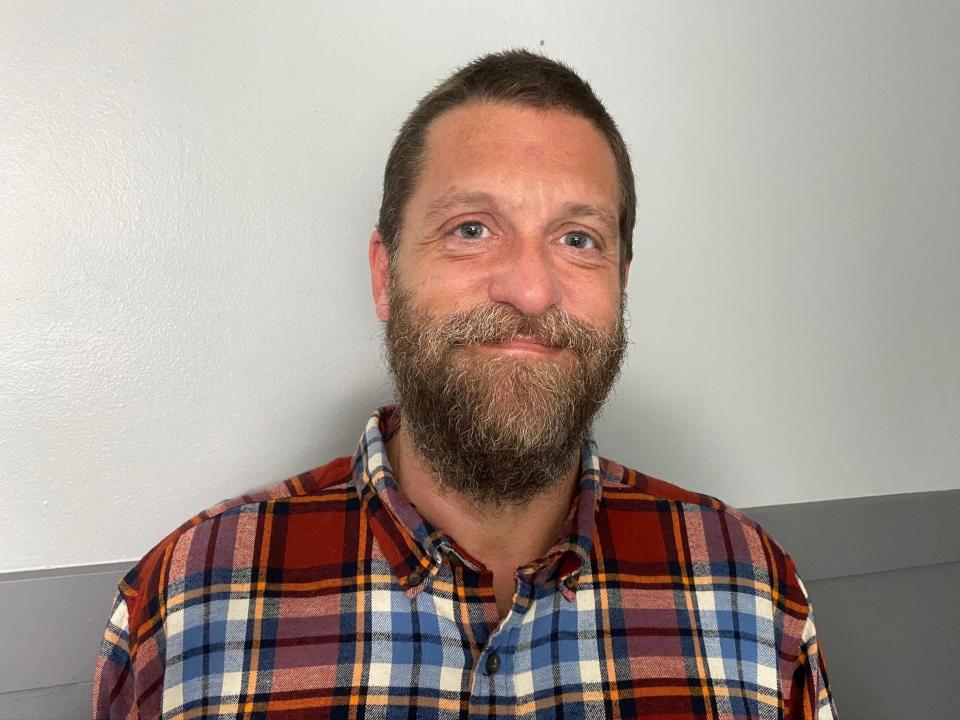Todd Leva: Toxic people in our lives
The definition of the word toxicity “is the quality, state, or relative degree of being poisonous. An extremely harsh, malicious, or harmful quality.” Toxicity, when applied to the psychology of us, is something far more malevolent, something that can affect us to our core and leave un-mended wounds behind for a lifetime if we are not careful.
I think the vast majority of mental health therapists would agree, that if there was an overarching theme that permeates across all clients, it is the effect that toxic people have had in various clients' lives. Toxic people usually have high levels of narcissism, exhibit antisocial behaviors, they lack empathy, love drama, they are self-serving, they cannot admit to any wrongdoing, and are emotionally shallow. All problems according to a toxic person are always rooted externally. If the world would just listen to them…

The question begs then, why do we allow toxic people in our lives? The answer to this is somewhat more elusive, at least in the beginning of our entanglements with toxic people. We have all been in situations where you are introduced to a new person, you cannot put your finger on it, but that person is setting off your sixth sense if you will. There is just something about them. An example would be a brother bringing home a new girlfriend to meet his sisters and mom and dad. The moment the new girlfriend leaves, one or both of the sisters know something is not right with her…
Most of the time, we generally don’t recognize the toxicity in a person right away. We may become close friends with or even fall in love with a toxic person.
Toxic people, especially at first, appear to be anything but toxic. They are like chameleons. They can appear to be charming, compassionate, showering you with all the affection you need in the moment. However, what is really occurring is they are beginning to spin their web of damage.
They prey on the good that we want to see in people. As we begin to see their toxicity through a new lens, we may internalize an excuse for their hurtful behavior. As it progresses, we point out their harmful behaviors. The toxic person knows this game all too well. They have been playing chess with you and others forever, your simply unaware that you are a pawn. They will profoundly apologize, showering you with how sorry they are for their behavior, espousing to the heavens it will never happen again. This type of venomous interaction can go on for months, even years if we are not careful. The damage done by toxic people can be unfathomable, literally leaving a once vibrant person so emotionally distraught that they question their own sanity. Once their web of destruction can no longer be ignored, once the game is up, it is time act.
You see toxic people have to have prey, this is their narcissistic supply. They are too emotionally shallow to have even a hint of self-reflection skills so they will move on. This is where the rubber meets the road if you will. Once the veil has been lifted and you can see the toxic person for who they are, you need to do everything in your power to mitigate contact as much as possible. In a perfect world, you would cut ties, no contact, but sometimes that’s not always a singular option.
If you cannot cut complete ties, what you can do is build sturdy, well-thought-out guard rails. What is liberating here is you don’t owe that toxic person an explanation for actions that you are taking for your own mental health. You may get long rambling texts that run the gambit of how awful a person you were, to how unbelievably sorry they are. Don’t take the bait. Remember the spider web.
To a toxic person, the absolute worst thing in the world is no attention at all, so they will eagerly take negative attention, maybe you wanting to blow your stack at just how awful of a human being that toxic person really was. As cathartic as it may seem in the moment, don’t do it. They are not worth your emotional energies, you deserve better. You get to write the next chapter in your life, not them.
— Todd Leva is a local mental health therapist. Contact him at toddleva.tahomacounseling@gmail.com.
This article originally appeared on The Holland Sentinel: Todd Leva: Toxic people in our lives

